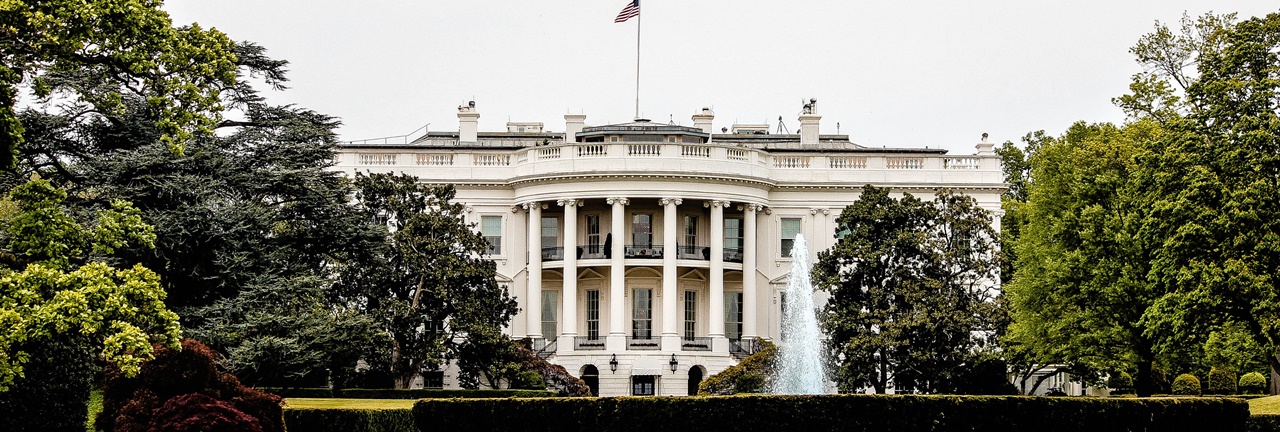
As Europe faces macroeconomic shocks, and geopolitical crises, how can two seemingly disparate figures of the twentieth century shape our understanding of the present?
“If you pay peanuts, you get monkeys” - Sir Jimmy Goldsmith.
I was recently reminded of this quote from the late Anglo-French billionaire financier. I think it still holds some weight. As a client, how do I know I am being handled by monkeys? Because they accept to be paid peanuts. As a service provider why would I accept to be paid peanuts? Perhaps, it’s because I’m in a market with over-capacity; alternatively, my peer group is perceived as a bunch of monkeys.
Goldsmith - tall, handsome and buccaneering - was the archetypal 1980s tycoon. He had a penchant for gambling; notably placing a £10 bet on a horse race at the age of 16, that won him the equivalent of £197,000 today.
During his heyday, the press dubbed him a “corporate raider”, the polite term for an asset stripper (a charge Goldsmith vehemently denied). Love him or loathe him, his take-over of Crown Zellerbach, the US paper company, in 1985 was a masterpiece.
Over the course of an 8 month war of attrition, Goldsmith gradually increased his stake in the company to 51.3 percent. He had realised that due to looked-over accountancy practices, Crown Zellerbach’s timber land holdings were valued at $12.5m, when in fact they were worth more than the company’s entire market capitalisation of $900m. After gaining majority control, Goldsmith sold vast swathes of the company, with the notable exception of these land holdings, reaping massive dividends in the process.
“The Goldsmith touch'' struck once again after he sold all of his investments only weeks before the global stock market collapsed in 1987. After the ousting of Margaret Thatcher in 1990, with whom he shared similar views, Goldsmith poured his fortune into politics, establishing himself as an early Eurosceptic. He founded and financed the Referendum Party that advocated for a less bureaucratic EU, centred around the values of free-trade. It’s not healthy to dabble in alternate history, but perhaps if his ideas had been given more space, the UK’s decision to ‘Brexit’ in 2016 might have been averted.
“I only remember a few things about Jimmy Carter. He had big lips and liked peanuts.” - Kurt Cobain
Jimmy Carter is often referred to as the peanut farmer that became US president. He campaigned in an aeroplane dubbed ‘Peanut One’, and had a giant peanut as a campaign emblem. During his one-term in office, Carter was maligned as hapless and ineffective; a ‘failed president’. In spite of some hefty historical revisionism - in 2021, biographer Jonathan Alter dubbed him “perhaps the most misunderstood president in American history” - Carter’s administration is less defined by its achievements, and more by the crises that overwhelmed it.
When the USSR invaded Afghanistan in 1979, Carter retaliated and stopped exporting grain to the Soviets. The effect of this embargo was minimal as the Soviets began to purchase cheaper grain from South-America and rushed to modernise Ukraine’s agricultural sector. Shortly after the invasion of Afghanistan, the Iranian revolution triggered an energy crisis. In less than 12 months, a paltry 4% dip in supply, had doubled the price of oil.

In response to rising inflation, the Federal Reserve aggressively tightened monetary policy and the US rapidly plummeted into recession. Combined with the fallout from a botched hostage rescue in Tehran, Carter’s approval ratings followed suit.
Economic sanctions on Russia; a global energy crisis; rising inflation; a struggling Democrat in the White House. Sounds familiar? In the words of John Wayne, “tomorrow hopes we have learned something from yesterday”. Regrettably, I’m not sure we have.
In 1979, we stopped selling food to the Russians in the hope that they would starve. In 2022, we stopped buying energy from them for much the same reason.
Yet, our efforts at an embargo have once again backfired. With no cheaper alternatives to Russian oil and gas readily available, energy prices have skyrocketed and President Putin has reaped massive profits. In an effort to partially shield their populations from rising bills, Western governments are deepening their deficits and interest rates are on the rise. The Fed’s rate hike in September 2022 was the most severe since the days of Carter. Let’s just hope they will not reach October 1981 levels, when the US 10 year Treasury note peaked at 15.84%!

“History doesn’t repeat itself, but it often rhymes” – Mark Twain.
Few would draw a comparison between Jimmy Carter and Jimmy Goldsmith. With the notable exception of a prophetic interest in environmentalism, the two Jimmys are worlds apart.
Unlike Carter, who led a wholly reactive Presidency, Goldsmith was proactive all throughout his life.
So at a time when we face a Carter-esque cocktail of crises, perhaps we need a dash of “the Goldsmith touch”. To avoid repeating the mistakes of the past, politicians, entrepreneurs, and financiers cannot afford to be complacent. Like Goldsmith, they must lead, not follow.
At the very least, it couldn't hurt to have some of his famous gambler’s luck. I think we’re going to need it.
To find out more about William Raynar click here.

Zurich-born artist Nino Miloni reveals the extraordinary depth hidden inside ordinary objects.

Cape Capital’s Head of Fixed Income searches for opportunity in an altogether painful market...

The Founder and Chairman of Kobalt Music offers a revolutionary business model that is reshaping...